
Honor the Rev. James Reeb’s memory and martyrdom by fighting for voting rights
Though his martyrdom lives on, justice has eluded the Rev. James Reeb.
A monument to his life stands in front of the Brown Chapel AME Church in Selma, Ala., marking the day the Wichita native left his wife and children in Boston to attempt to march to Montgomery for voting rights and beaten to death with a club for his participation.
Despite the passage of decades and the official status of his death still ruled unsolved, we can yet deliver to the Unitarian Universalist minister the justice his life so importantly deserves.
Reeb had watched the Bloody Sunday attacks on peaceful civil rights marchers and then answered the Rev. Martin Luther King, Jr.’s national call for clergy to descend on Selma to make another attempt at marching to Montgomery.
But deciding at the last moment not to march into the teeth of a phalanx of law enforcement, King turned around and led marchers back to the church.
That evening, segregationists clubbed Reeb and two other clergy from out of state. Our tour guide said that because Reeb had marched for Black voting rights, the Selma hospital would not treat him. He died two days later from the beating. Dr. King gave the eulogy.
Then President Lyndon Johnson used Reeb’s martyrdom to pass the Voting Rights Act.
But in the decades since, extremists have targeted the Voting Rights Act for dismemberment, attacking key passages and weakening voting rights for wide swaths of the American electorate.
Aware of this and aware that one of Reeb’s accused killers ran a prominent used car lot in Selma, a group of us Kansas tourists toured the town extensively in “Justice for James Reeb” t-shirts.
But more than anything, Reeb likely cared more about the voting rights of others. He’d also more than likely approve of the work the ACLU of Kansas has undertaken in the spirit of voting rights. He chose the Unitarian church specifically because of its emphasis on social activism.
We could honor his memory by cementing certain voting rights measures that include expanding early voting, increasing accessibility (curbside voting, increasing the number of voting sites, and improving language access. We could also work harder to ensure that people with felonies know their voting rights.
So, what do you get the man who gave everything?
An honest fight for these measures would make for a great start.
Related content


DOJ report: Wichita public schools disproportionally discipline...
July 3, 2024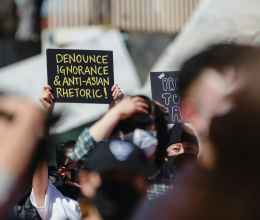
More than dirt; AAPI racism in recent Kansas bill
May 17, 2024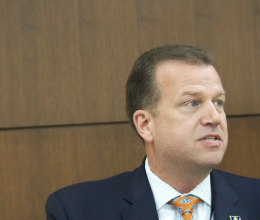
KHP ordered to pay plaintiffs $2.3 million for unconstitutional ...
April 15, 2024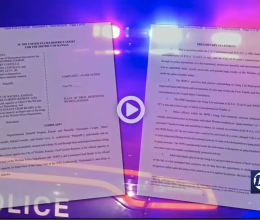
Settlement changing criteria, adding oversight to Wichita Police...
April 9, 2024
Council approves Wichita Police Department gang list settlement
April 9, 2024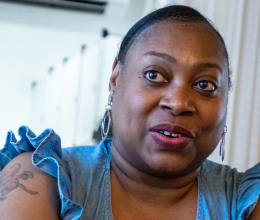
Wichita pays $625K to settle lawsuit over police use of...
April 9, 2024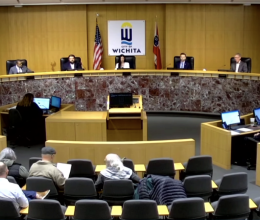
Council approves Wichita Police Department gang list settlement
April 9, 2024